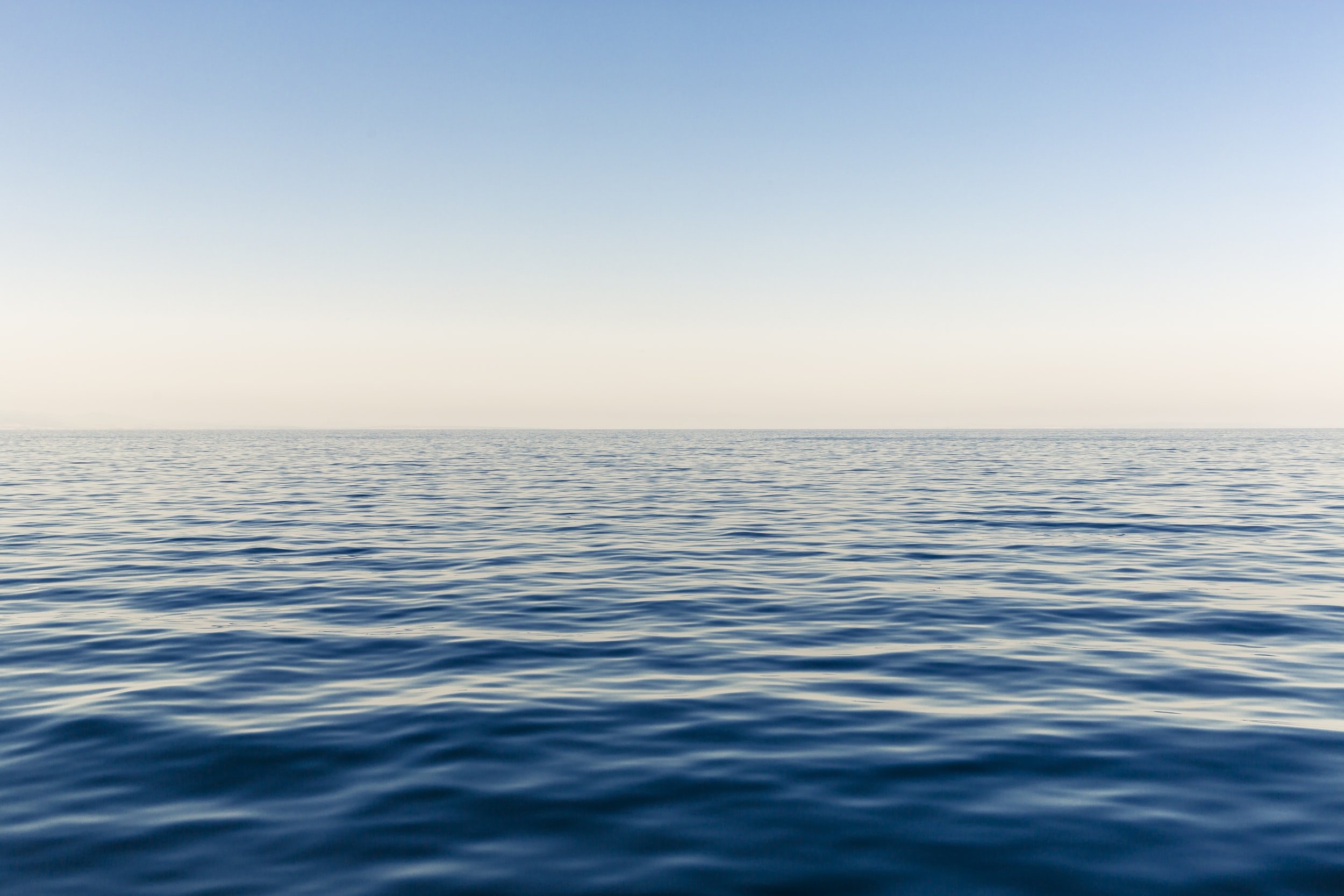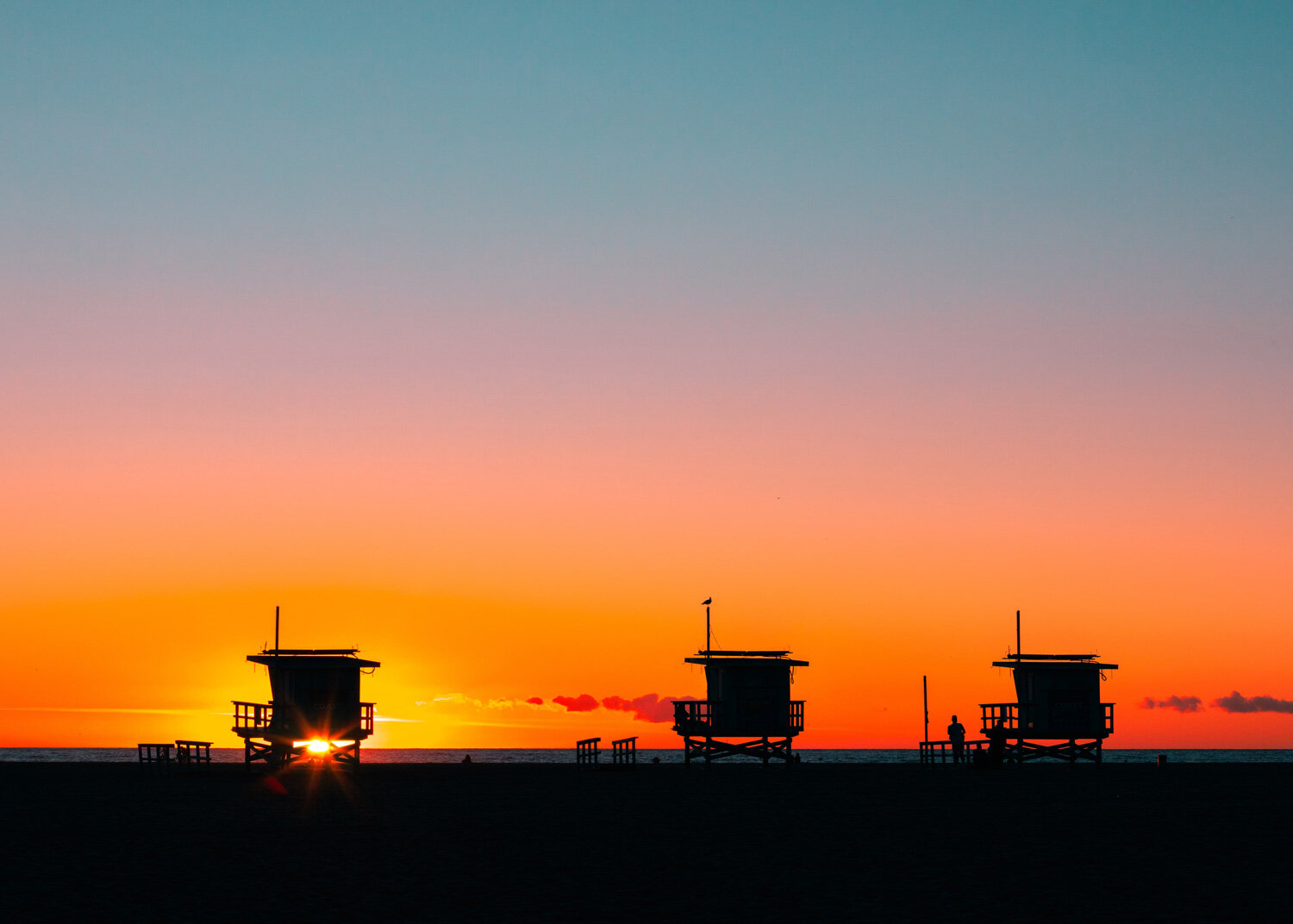
Letter from Executive Director, Bruce Reznik and the Los Angeles Waterkeeper board:
For more than a quarter-century, Los Angeles Waterkeeper (LA Waterkeeper) has fought for the health of our waterways and sustainable, equitable, and climate-friendly water supplies for all Angelenos. All people and communities deserve to share in the benefits of a healthy and sustainable environment, and yet Black, Indigenous, Latinx, Asian American, and Pacific Islander (AAPI) and other communities of color face disproportionate impacts from pollution and other environmental injustices.
Clean water is not a privilege, it is a right.
As members of the environmental movement, LA Waterkeeper is responsible for advocating for the environmental protection of the communities that are systematically repressed and whose voices are ignored. We cannot achieve clean water for all without addressing environmental racism and the current- and historic- ways frontline communities have been and are disproportionally affected by pollution, our aging infrastructure, and the economic burden of inefficient and wasteful investments and policies.
Over the years, LA Waterkeeper has been a proud partner with historically frontline communities that face the highest pollution burdens, health risks, and have been excluded from the decision-making process. But we can and must do better. We cannot authentically engage in environmental justice without addressing justice, equity, diversity, and inclusion (JEDI) within our own organization. We recognize the environmental movement has historically been led by predominantly white activists who have established which environments are worth protecting, often at the expense of under-represented minority (URM) communities. This simply cannot persist – we must treat racial equity and inclusion as a cornerstone of our work, and our volunteer, staff, and board leadership must reflect the great diversity of the Los Angeles community we serve.
LA Waterkeeper recognizes the inequalities and discrimination plaguing many of our communities are not new. While the year 2020 exposed at large immense challenges and inequities, from a worldwide pandemic to witnessing the disproportional impacts of COVID-19, we acknowledge the reckoning of daily injustices endured by individuals who identify as URM is long overdue.
As protectors of a public resource, it is our responsibility to actively pursue and create systemic change in our water movement, and the greater environmental movement as well.
For us to truly understand, accept and commit to a multicultural world, we must hold ourselves accountable. LA Waterkeeper needs to lead with values and principles, and therefore, have codified Justice, Equity, Diversity, and Inclusion standards for both our internal operations and our external plans and actions.
read more-
LA Waterkeeper’s work occurs in the ancestral homelands and waters of several Indigenous Peoples, including the Gabrielino-Tongva Tribe, the Fernandeño Tataviam Band of Mission Indians, the Chumash Tribe, and the Kizh Nation. We are grateful to be guests on these lands and in these waters.
Traditional Ecological Knowledge- the knowledge or practices passed down over generations that provide information about the health and interactions of the environment- should be at the forefront of environmental planning efforts.
All people should have access to drinkable, swimmable, and fishable water.
-
Addressing the intersection of health, climate change, and water quality and supply, in conjunction with the disproportionate impact on URM communities, on the frontlines of environmental injustice, is important to improve and maintain a clean and healthy environment, especially for those who have continuously been left to live, work, and play in polluted areas.
LA Waterkeeper's JEDI Values-
We have the responsibility to advocate for safe, clean, drinkable, fishable, and swimmable water for everyone, but especially those who are systematically repressed and whose voices may not be listened to by policymakers.
Along with other forms of systemic inequality, environmental racism contributes to many underlying health conditions that disproportionately impact disadvantaged communities. Sadly, the environmental movement has had its own long history of exacerbating these problems, such as by excluding BIPOC communities from their ranks or focusing solely on the preservation of natural places that were only accessible to wealthier, white communities while ignoring environmental issues within more diverse communities. To move forward from this troubling past, we acknowledge and must confront the damage the environmental movement has sometimes caused to BIPOC and their communities. We have a duty to fight environmental racism and uplift the communities fighting systemic oppression and whose voices have been repressed by decision-makers, industries, and polluters.
-
We cannot achieve clean water for all without addressing the ways frontline communities are disproportionally affected by pollution, our aging infrastructure, and the economic burden of inefficient and wasteful investments and policies.
Access to clean water and environmental protection should not be determined by your skin color, socio-economic status, or zip code. Clean water for all cannot be achieved if laws and policies are not applied equally. Everyone deserves a clean, healthy, sustainable, and livable environment. LA Waterkeeper prioritizes the inclusion of frontline communities in the decision-making process involving their communities. We seek to actively listen to BIPOC voices and authentically engage with community leaders and partners who best understand the environmental issues and concerns of their communities and enable them with the resources and expertise to fight against environmental injustice.
-
The environmental community has not always been inclusive of BIPOC communities – however, LA Waterkeeper commits to prioritize intentionally engaging and including frontline communities in our work. Our staff and volunteer leadership must also reflect the great diversity of the Los Angeles community.
Not only will we focus on intentionally and authentically pursuing racial equity and inclusion in our mission toward clean, equitable water, but also in the way our organization is structured.
-
We commit to deepening our understanding of race, racism, and implicit bias and how it impacts our community and our organization. LA Waterkeeper’s work must also continue to challenge internal and external systems that disproportionately affect frontline communities.
LA Waterkeeper will actively pursue and create systemic change, not just in our water movement, but in the greater environmental movement. We commit to creating an anti-racist workspace for present and future staff, volunteers, and board members.

